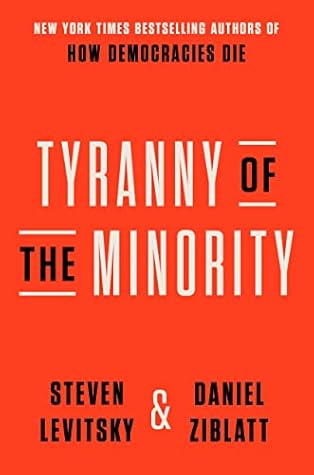That left the national parliament (Reichstag) as the country’s most democratic institution. In 1871, before Germany’s urban boom, parliamentary districts had been drawn up in a surprisingly fair way: they were equal in size (one MP per 100,000 residents); moreover, all men had the right to vote. But as Baron von Bodelschwingh recognized in 1909, the recent mass exodus of voters from the countryside to the city benefited his conservative allies enormously. If conservatives maintained the electoral boundaries created back in 1871, they would be increasingly overrepresented.
Welcome back. Just a moment while we sign you in to your Goodreads account.


